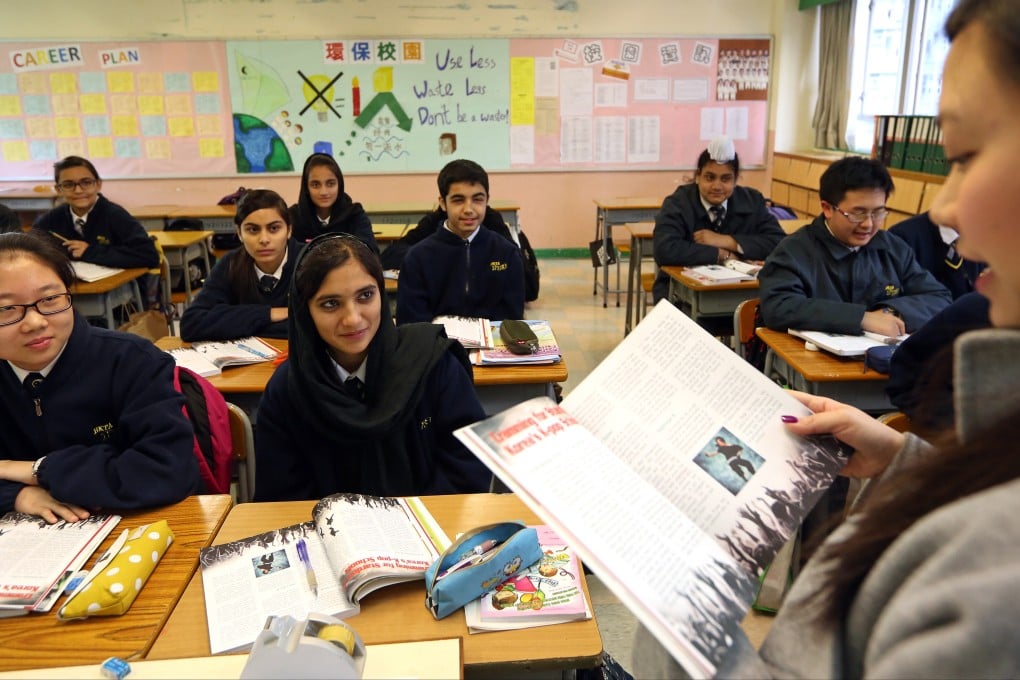Can Hong Kong’s ethnic minority children master Chinese? It’s an uphill struggle, say students, teachers
- Students say lessons are at such a basic level, they have neither confidence nor ability to aim higher
- Hard to teach such a wide mix of students, say teachers, calling for clearer direction, incentives

Jerusha Bal, 21, attended Chinese lessons throughout primary and secondary school in Hong Kong, but admits that she is neither proficient nor confident in speaking the language.
She recalled lessons conducted at only a basic level throughout her school days, and although she passed the IGCSE exam, she has only a limited command of Chinese.
“Our foundation was so poor that our teachers never thought we could do the DSE Chinese exam,” she said, referring to the higher level Diploma of Secondary Education examinations.

Now an English language tutor, Bal is Indian and came to Hong Kong with her parents when she was a toddler.
Like her, most ethnic minority pupils – referred to as non-Chinese speaking (NCS) students by the Education Bureau – struggle with Chinese and manage to sit only the lower level IGCSE exam or give up along the way.
In the mix are pupils from Pakistan, Nepal, India, the Philippines and other countries, and their number rose from 31,414 in 2015-16 to 33,063 in 2021-22, or nearly 4 per cent of all students.
Teachers interviewed by the Post said it was especially challenging to teach Chinese to this group, whose multiple ethnic backgrounds demanded more creativity and attention.
